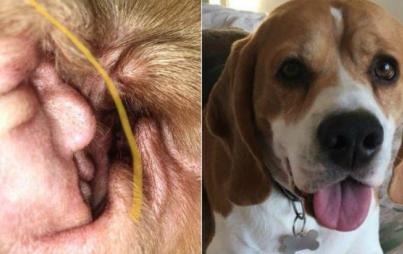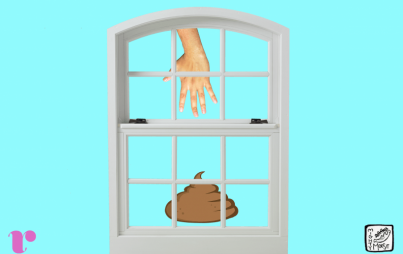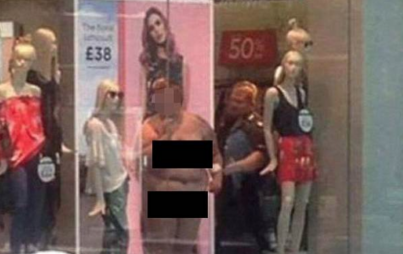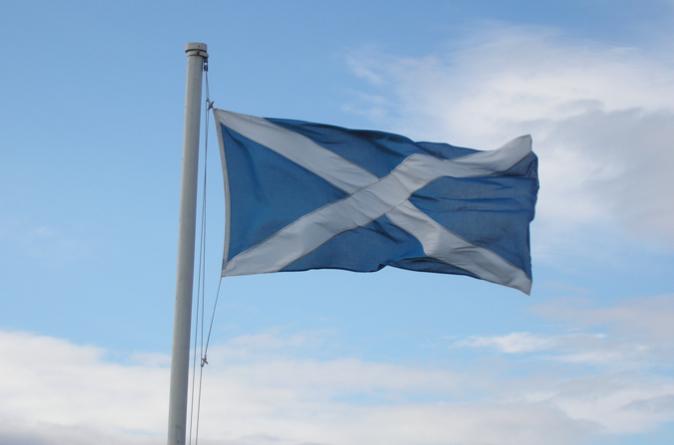
Credit: Wikimedia Commons
So in case you’ve missed the flood of Braveheart memes/Scottish independence jokes, the good people of Scotland have in fact voted to remain a part of the UK. In last night's historic referendum, 55.3% of the population cast a ballot against Scottish independence. As a result, Scottish First Minister and nationalist leader Alex Salmond has stepped down and UK prime minister David Cameron has hailed the decision, saying, "Like millions of other people, I am delighted."
While the whole phenomenon is interesting for its meditations on democracy, statehood and UK unity, the polling surrounding the issue has also generated a lot of attention, given how much was at stake and how hotly contested this issue of independence has been in recent weeks.
So of course, this morning saw an eruption of think pieces nerding out on polling data: where it failed, why, and how it can be improved in the future—from FiveThirtyEight to the New York Times, everyone had thoughts. Such polling issues are, of course, intriguing, with real-life implications for voting across the board.
That said, nothing is nearly as interesting as a little experiment run by Tom Court. The unofficial pollster discovered that perhaps the most accurate predictor of the Scottish referendum result was none other than (wait for it) the get-it-on app Grindr.
The Guardian covered the phenomenon in its epically titled piece “Grindr: accurately predicting Scottish referendum results since 17 September,” which began with an equally compelling opening sentence:
“Forget Ipsos Mori, YouGov and ICM; it turns out the most accurate predictor of the Scottish referendum result was Grindr, the hook-up app for gay and bisexual men.”
Cheekily, The Guardian goes on to say that, concerning the 55%/45% voting split, “Edinburgh’s gay men could have told us that yesterday.”
So how’d this bloody brilliant experiment work?
A Poll For The Ages
Users of Grindr are self-described as “the largest and most popular all-male location-based social network out there." Tom Court simply asked said users located in Scotland’s capital city how they were planning to vote in the referendum. After polling 655 men (Court was clearly very committed to this little project), he found that 56% of men predicted a no vote, which is essentially exactly how things shook out—not to mention, more accurate than many of the final night polls.
And not only were Court’s findings accurate, he broke them down into two quite unusual groups for political polls: men whose Grindr avatars were of their faces, and those whose selected representative image featured, um, a different part of their anatomy. He termed the second group, diplomatically, the “headless torso demographic.”
And notably, for reasons I’d welcome hearing theories on, this “headless torso demographic” broke with the "no" trend and voted for independence—51% of them voted yes.
But let’s step away from the numbers, because let’s be real, the best part of this little experiment are the visuals it provides:
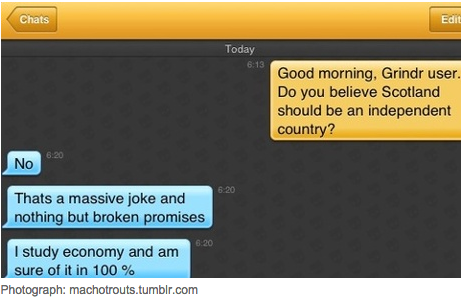
Hit us with the facts, Boone 47:
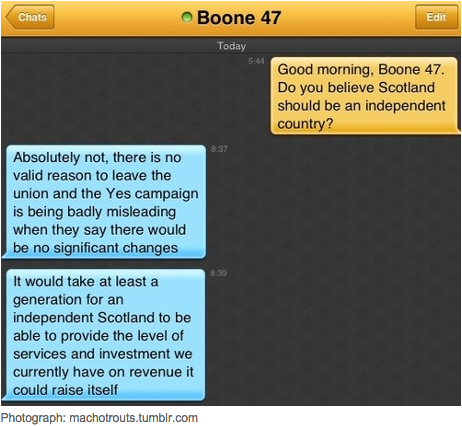
Our favorite? Both for brevity of the answer and juxtaposition of political question and username . . .
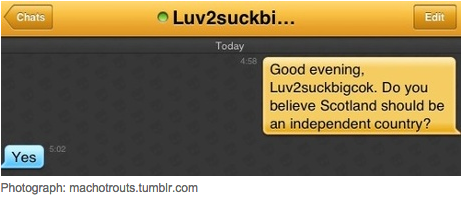
But then there were those who were not into these political polling shenanigans:
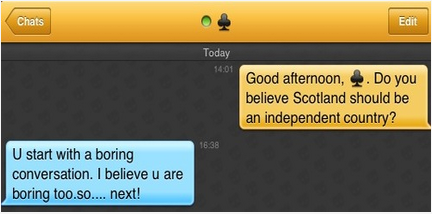
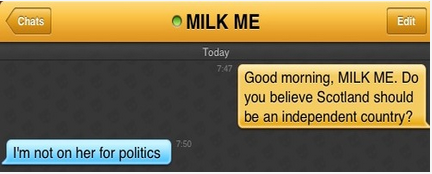
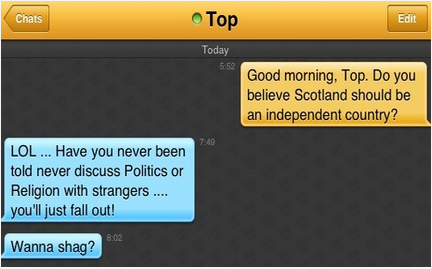
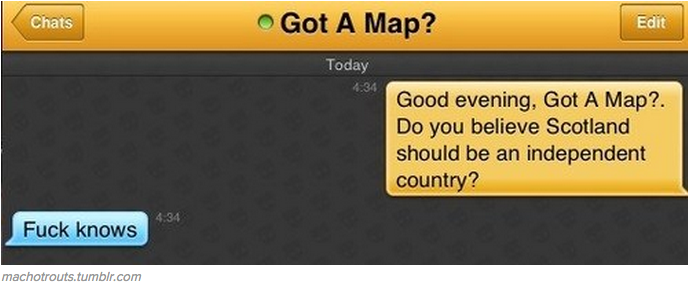
Despite what Got A Map alleges, it would seem Grindr, collectively, exactly knows—or at least is a good litmus test for the country writ large.


